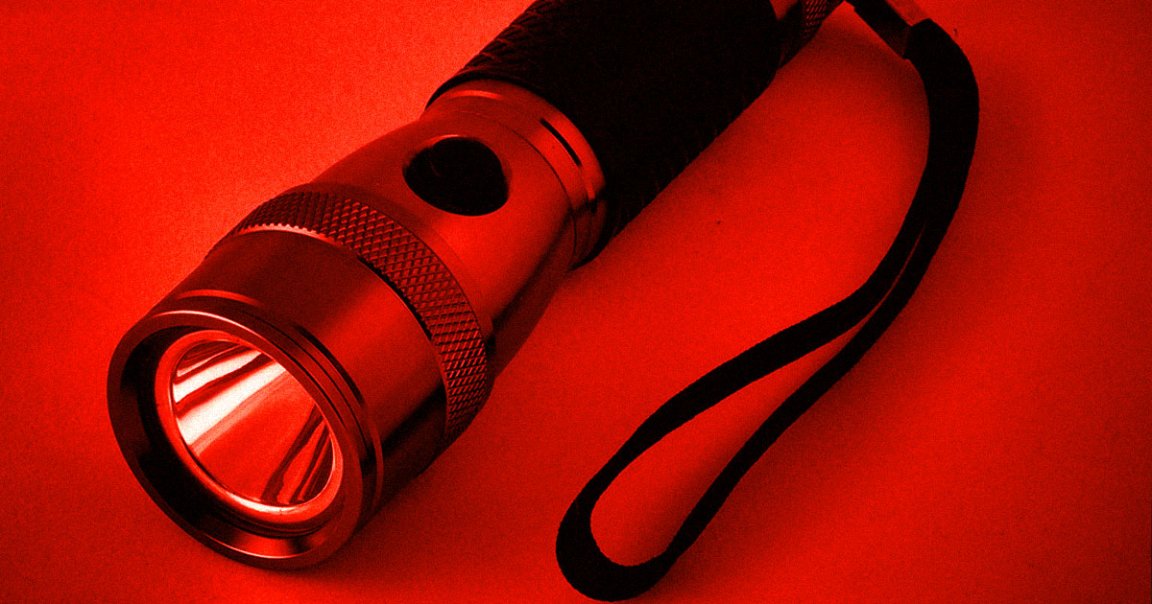
Light Diet
Researchers from University College London (UCL) say they’ve found that exposing the human eye to deep red light for three minutes a day could improve declining eyesight.
According to a study about the research published in the Journals of Gerontology, cellular function declines with age due to lower densities of mitochondria in the retina’s photoreceptor cells. Mitochondria are — as you may have learned in school — the powerhouse of the cell, producing energy and boost cell function. Photoreceptor cells are particularly power hungry — but after being exposed to near-infrared light with a wavelength of 670 nanometers, their performance improved, along with study subjects’ eyesight.
“The technology is simple and very safe, using a deep red light of a specific wavelength, that is absorbed by mitochondria in the retina that supply energy for cellular function,” Glen Jeffery, professor at the UCL Institute of Ophthalmology and lead author of the study, said in a statement.
Cell Well
For the study, 12 male and 12 female participants between the ages of 28 and 72 had the sensitivity of their eyes checked. They were then asked to stare into a small LED flashlight for three minutes a day over two weeks, a process Jefferey likened to “re-charging a battery.”
Participants’ ability to detect colors improved 20 percent among some of those 40 and older. Low light sensitivity improved significantly in the same group as well.
“Mitochondria have specific light absorbance characteristics influencing their performance: longer wavelengths spanning 650 to 1000nm are absorbed and improve mitochondrial performance to increase energy production,” Jeffrey said.
READ MORE: Deep red light reboots aging retinas like “recharging a battery” [New Atlas]
More on eyesight: This Bionic Eye Is Better Than a Real One, Scientists Say